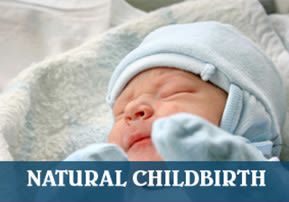
Natural Childbirth
Home birthing can be right for some low risk women, but not for all. The natural approach to birth advocates using technology wisely…

Natural birth requires Emunah… and medical attention. How is that? I’ll explain.
My life’s work is dedicated to healthy outcomes in childbearing and early parenting. I am a nurse, a trained midwife, and a doctor of homeopathic medicine. I have seen fear and trauma from normal medical care. I have seen what happens when these experiences are minimized or ignored. The increase in birth support has worked to address these issues, but it is not the whole picture.
The 4th trimester is the time for parents to recover from their birth experiences. It has been shown that mothers who do not have knowledgeable support and do not receive help in physically and emotionally recovering from birth, often develop mistrust in the available systems (i.e. the hospitals, doctors, and nurses) and reduce their confidence in future birthing. I am very concerned that fear is causing people to refuse all medical care during pregnancy, to refuse to have another child, or go to the extreme of unassisted birthing.
The natural approach to birth is to advocate for using technology wisely, to be open to care that is in the best 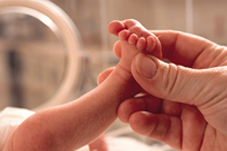 interest of mother and baby, and to avoid invasive procedures- if they can be avoided. It is not to ignore the advice of responsible, reasonable, and caring birth professionals who Hashem put in this world. I have seen over the years that Hashem sends us the remedies. Technology is part of the remedy; it is most potent when accompanied by the strongest dose of Emunah. I am not saying that I understand everything that happens; I am only human- after all.
interest of mother and baby, and to avoid invasive procedures- if they can be avoided. It is not to ignore the advice of responsible, reasonable, and caring birth professionals who Hashem put in this world. I have seen over the years that Hashem sends us the remedies. Technology is part of the remedy; it is most potent when accompanied by the strongest dose of Emunah. I am not saying that I understand everything that happens; I am only human- after all.
The frequency of my interactions with parents who are skeptical about the interventions being used in pregnancy and childbirth are increasing. Parents are into “natural”. They are voicing concerns about healthy birthing. For as many good stories as I am aware of, I am hearing just as many stories about difficult childbirth, unexpected outcomes, and hard recoveries from traumatic birth. Parents stopped trusting, over-relied on, or never did trust medical tests, doctors, etc…
Medical interventions, monitoring, and testing are used on a regular basis. This is because safe healthcare policies require doctors to identify risks to mother and baby, and to intervene. I have noticed that dependence on screening and monitoring causes a normal and purposeful event to become fearful; and at times, a mistaken idea forms that something bad is happening to the woman. Childbirth is not a disease to be cured. Doctors work hard towards good outcomes. They are trained to fight disease. Do we not pray that medical experts be conduits for healing? Well, Hashem gave them the tools to heal. One tool is diagnostic technology.
An ultrasound machine uses sound waves to produce images of the inside the body. Need for this test has been questioned. Not by me. Two ultrasounds are very important and provide the doctor information. In the first ultrasound, a doctor will determine that there is a pregnancy, that the fetus is healthy, the gestational age, and how many babies there are. The fifth month ultrasound shows fetal organ development. These two are shown to be accurate, and are generally reliable. The problems arise when parents rely on this test to be done every prenatal visit and accurate all the time- this is a mistake. People depend on experts to tell them when to worry, but, if the concern is mistaken, it can be quite traumatic. Hashem, in His infinite wisdom and generosity, gave us technology to help us make good choices, not give us all the answers. I often advise: not every choice available to us is good for every person.
Home birthing can be right for some low risk women, but not for all. The first part of knowing this is via blood tests and ultrasound to establish physical health. The second part is self awareness, both parents have to be prepared (this is where hitbodedut is so useful!). If either of these two parts is out of balance, a homebirth- intended to be peaceful and whole- can be traumatic. I do not recommend planned, unassisted home birthing. Many reputable professionals agree that it is too high of a risk.
It is said, that Hashem sent us the cure, prior to the illness. I have learned that there are no absolutes, except the knowledge that Hashem loves us and doesn’t want us to be pained and fearful. I have learned that when we have Emunah, we can accept that we can’t know everything, even with the best diagnostics and monitors.
I truly encourage informed decision making. I do not encourage women to shun all medical care; it would go against everything I know to be true. Hashem has a Plan, we have medicine and interventions to assist. It’s people, who put faith in technology, that create an unbalanced approach to birth. I see that the overuse and absolute dependency on diagnostics, leads to unnecessary interventions- I am not alone.
My experience with the “4th Trimester” shows me that the trauma of a fearful, intervention-based pregnancy and birth can be so great; it can create extremes that lead women to avoid any prenatal care. They do this and call it “natural”.
Natural pregnancy and birth require some diagnostics, healthy living, and informed decisions.
We all have our path to walk. My path is to care for, and about, families, to assist women recover from birth experiences, and to strengthen women to walk their own paths. May we be blessed to walk in the footsteps of our precious Mothers- Sarah, Rivka, Rachel, and Leah – and midwives Shifra and Puah – in building klal Yisrael, so that we will merit the Geula, bimheira, b’yameinu.
* * *
Dr. Shoshana Kesner lives in Israel with her family. She created and teaches the Yad L’Em Certified Postpartum Doula course. Dr. Shoshana wrote “Oh baby! A Guide to Managing the 4th Trimester”. Reach her at: www.binahbaby.com





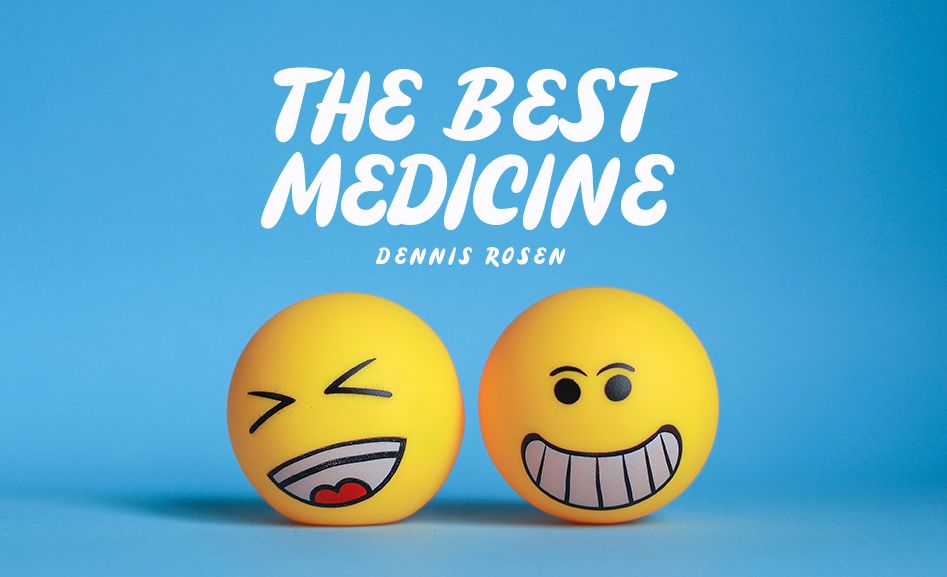
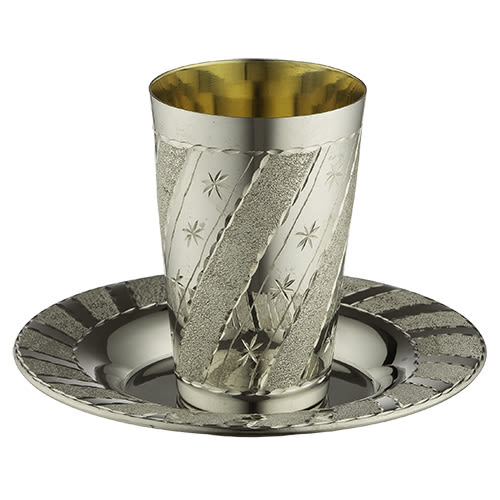

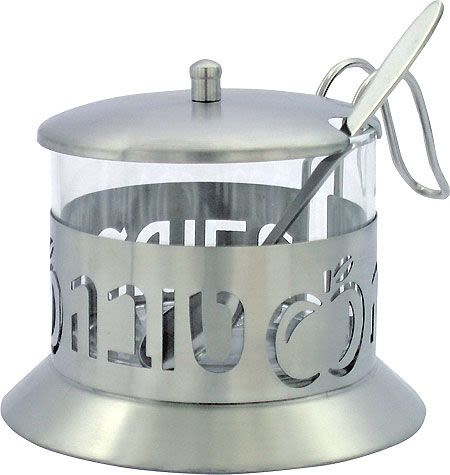
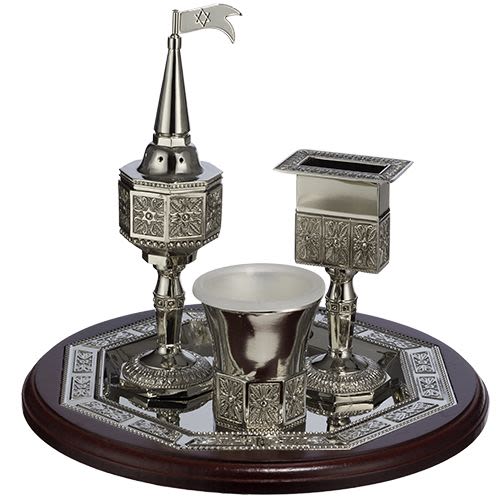
Tell us what you think!
Thank you for your comment!
It will be published after approval by the Editor.